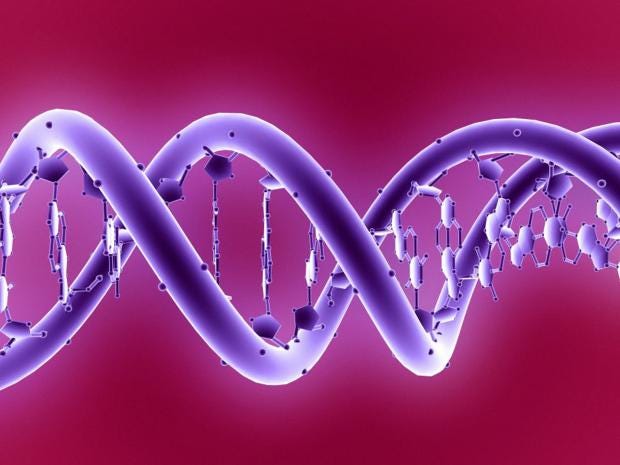Security services concerned amateur 'biohackers' could create biological weapons, academic says
The tools to edit the genes of lifeforms are now cheap and freely available on the internet
- Ian Johnston at the British Science Festival, Swansea

The security services are concerned that ‘biohackers’ — groups of ordinary people who use genome editing techniques to alter lifeforms — could develop biological weapons or other potentially dangerous substances, an Oxford University academic has said.
Amateur scientists around the world have started using gene editing techniques after the tools became cheap and readily available.
And while most of these groups are harmless, Professor John Parrington told the British Science Festival in Swansea there were fears among other scientists and the security services that the technology could be used to create a new form of deadly virus.
READ MORE
- Secret Harvard meeting finally releases ambitious synthetic human genome proposal
- Scientists call for global drive to create the first ever synthetic human genome
- Human genome study finds many genes have no effect on human health
- Human genome study reveals certain genes are less essential than previously thought
“Who knows what will happen in the future,” he said, raising the prospect of someone making a “biological weapon”.
“There’s some disquiet among the security services about where this is all leading as you might imagine.”
Scientists at Stanford University in the US, he said, had also expressed concerns “that genetic engineering could be out there in the public domain”.
However Professor Parrington, author of the popular science books The Deeper Genome and Redesigning Life, said creating a pathogenic form of bacteria that could cause significant health problems was not easy.
“It’s actually quite difficult and not quite as trivial as some people might think to make a new form of virus that’s lethal,” he said.
“That’s partly because nature is quite good at doing that itself and also because of the dangers to the people concerned.”
And, for the most part, biohackers were enthusiastic amateurs who were involved in entirely peaceful pursuits.
Science news in pictures
For example, there is one biohacker group in Hackney, east London, who Professor Parrington said were “using genome editing to make a special kind of craft beer”.
“In many ways [biohackers] are people who want to get involved in science, often with no biological experience in the past,” he said.
“Certainly the groups in England have to go through the same procedures of safety [that scientists do].”
No comments:
Post a Comment
Comments always welcome!